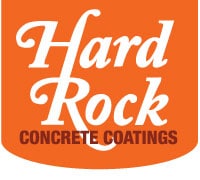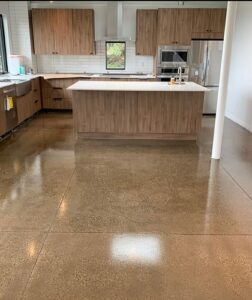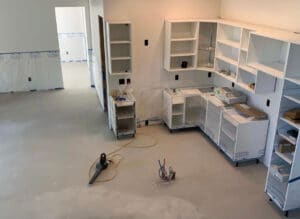Concrete is the most resistant building material, so it’s no surprise it reigns supreme in almost every form of construction. Chances are, your home or business’s walls are made of concrete, so you may be experiencing energy savings without even knowing.
Here’s why homeowners and business owners gravitate toward concrete walls.
Why Are Concrete Walls a Popular Option?
Ancient Romans had the right idea when they built their most famous structures, such as the Coliseum, entirely from concrete. These buildings have survived the test of time, which is why Americans caught on to the trend. Houses and businesses with concrete walls offer greater security, energy efficiency, and may even block out unwanted noise.
Continue reading to learn more about the benefits of concrete walls.
Concrete Walls Keep Your Home or Business Insulated
Concrete walls are superior to other construction materials, such as wood, because they form an integral structure that’s continuous and airtight. By comparison, wooden walls are a collection of components that may not be cohesive, which can lead to holes.
Modern concrete homes benefit from the advancements of insulation, so you won’t have to worry about heat escaping through your walls. Most insulated concrete walls use polystyrene blocks or panels, which serve as formwork for reinforced steel.
Polystyrene forms are left in place to provide your home or business with an exceptional R-value, which is a measure of resistance to heat flow through a material’s thickness. When designing a concrete house, builders can take advantage of concrete’s energy efficiency to justify installing smaller air conditioning and heating systems; this will provide you with energy savings every month.
Are Concrete Walls Soundproof?
Some people believe concrete walls block out the noise because of their mass, but they’re not inherently soundproof. Although they offer several benefits, the sheer thickness of a wall can’t prevent sounds from bleeding in and out of a room.
However, a construction worker can create air gaps when setting up a new concrete wall. Air gaps can help your walls trap noise so that you won’t bother your neighbors; conversely, they can also push out your neighbor’s soundwaves so that you won’t deal with unwanted noise.
Sound Reducing Coatings
Unfortunately, it’s not possible to add air gaps to an already existing structure; however, you can add sound reducing wall coatings to the interior or exterior walls of your home or business to block out the sound transfer.
Don’t worry about them ruining your home or business’s aesthetic, as you can personalize them. Some wall coatings are similar to wallpaper, and the sound reduction properties come from the paper and the adhesive. If you’re not pleased with the look of these coatings, you can paint over them, or stick decorative wallpaper on top of them.
Contact Hard Rock Concrete Coatings
Although concrete walls are durable, they can take a beating after years of protecting you from nature’s elements. The experts at Hard Rock Concrete Coatings have years of experience in repairing concrete mishaps. Whether your concrete is already damaged, or you want to protect your concrete to prevent future damage, contact us today for your free consultation.



